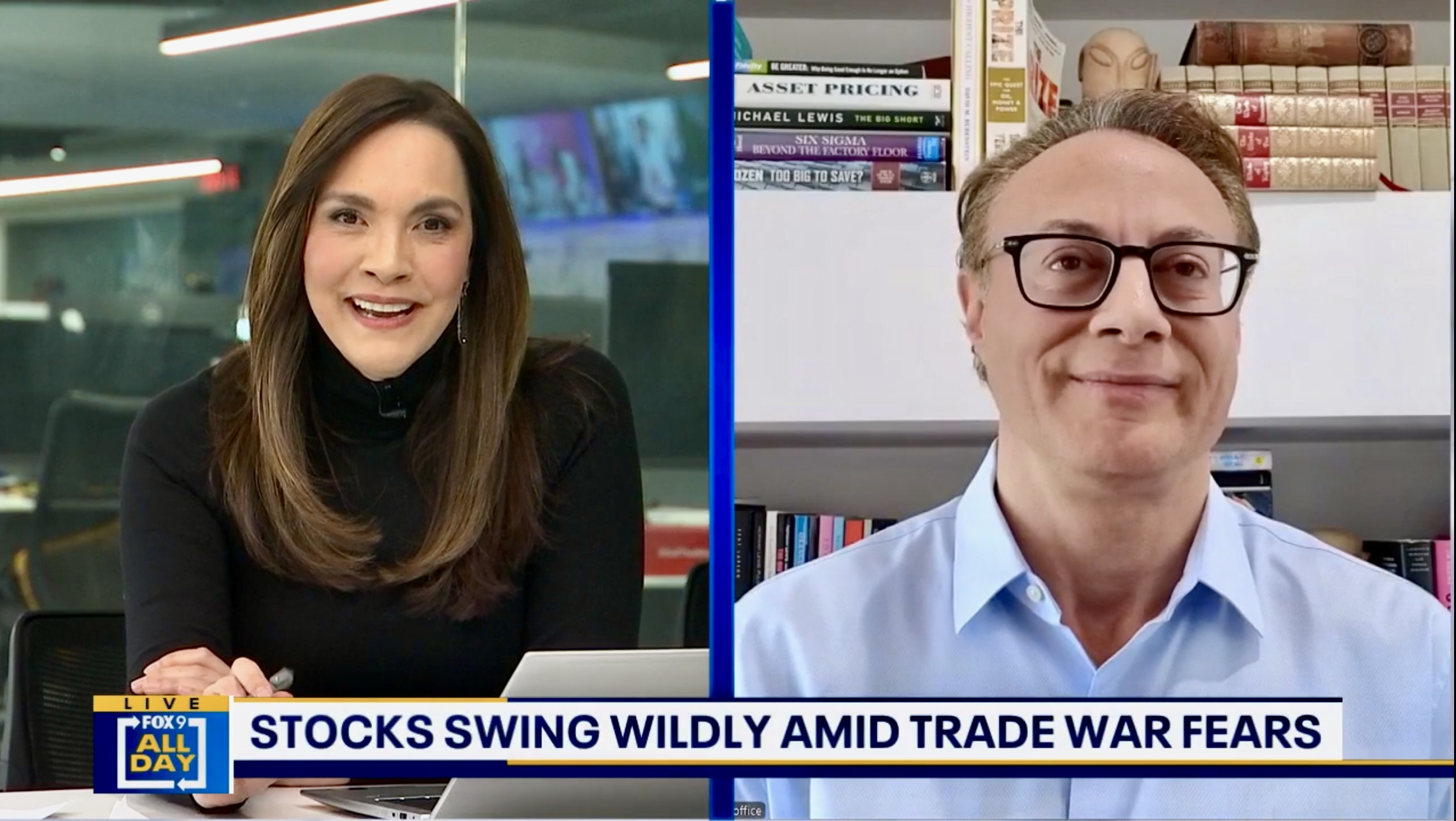All that glitters—an allocation to gold
Running Point and its chief investment officer, Michael Ashley Schulman, CFA, were quoted by CBS News in an article—by Tim Maxwell, “How to invest in gold, according to experts”—regarding advice on how to invest in gold and avoid common pitfalls.
Why should anyone invest in gold?
Gold is a currency, a commodity, and a collectible, an unusual trifecta! Its value is not completely faith-based like government currency. Of course, currency distrust is nothing new. In the 1800s, hundreds of state-chartered banks issued their own money, theoretically backed by gold, but worthless if the bank turned insolvent, as was often the case. The first U.S. federal legal tender (paper currency not backed by gold or silver) were the greenbacks issued in the early 1860s. Even so, distrust of the federal government was so high in some areas that greenbacks sometimes traded for a fraction of their value (most notably in California and Oregon). This still holds true today as gold’s value has risen with economic fears and bank destabilization.
Mints around the world still print gold and silver coins, including the Canadian Silver Maple Leaf, American Gold Eagle, Chinese Gold and Silver Panda, South African Krugerrand, and Perth Mint Australian Nugget. 2,000 years from now when humans travel through space and live on other planets, gold may still be around as a store of value. For comparison, the $100 bill or €100 note is ultimately just a piece of fabric with a picture on it; its value is derived from the full faith and credit we collectively vest in the government, but if a country disappears, so too does the value of its currency.
How can you invest in gold (physical gold, gold IRAs, futures, gold mining companies, ETFs)?
For most people, gold ETFs present an easy, low transaction cost, and low friction way to invest in gold using your brokerage account or with the help of a financial advisor. Purchasing physical gold coins or bars is a very traditional way to invest in gold and can be done through reputable dealers or jewelers (you want to ensure that the gold you purchase is real and true to its represented weight and purity), but transaction costs and theft risks are higher, storage and insurance costs can eat into long-term returns, and gold coins often sell at a premium to gold’s spot price. Gold futures and stock in gold mining companies are volatile ways to gain exposure and your returns could greatly outperform or underperform the true price of gold. Since gold does not pay any dividend or income and most people hold it for a long time, a gold IRA is probably not the optimal vehicle for owning gold unless you plan to trade frequently in and out of your gold position in which case you can defer taxes on capital gains.
What do you advise is the best way for beginners to invest in gold in gold and why?
The best way to invest in gold is a very personal decision. Gold ETFs are a convenient way for beginners to invest in gold with low friction costs and without the need for physical storage or the complexities of futures trading. However, if one craves the Armageddon safety of gold, owning it physically may be the preferred option. Unfortunately, although owning gold jewelry can seem like a fun way to invest in gold, it is usually not an efficient method because jewelry often has a high design and retail markup on purchase that cannot be recouped when you want to sell it. Additionally, gold jewelry is usually not 24K pure enough to be on par with coins and bars.
What is the biggest mistake new gold investors make?
Many people fail to understand the risks of owning gold as well as the benefits. The risks include price fluctuations, insurance and storage costs for physical gold, geopolitical risks, and risks associated with specific investment vehicles like futures or mining stocks. Additionally, when transacting in physical gold, some of the largest risks come from dealing with unreputable dealers that may overcharge for their services. Regarding benefits, gold tends to be a very good investment portfolio diversifier but often its price over the short to medium-term may not move as you’d expect because of supply/demand economics and socioeconomic issues.
Should investors consider Gold IRAs? Why or why not?
Since gold does not pay any dividend or income and most people hold it for a long time, a gold IRA is probably not the optimal vehicle for owning gold unless you plan to trade frequently in-and-out of your gold position in which case you can defer taxes on capital gains. IRAs are often best for owning tax-inefficient investments.
Is gold a good investment during a recession?
Gold is considered a safe haven asset because it is a tangible asset that is often subject to different risks then stocks and bonds. During times of economic uncertainty or currency devaluation, investors may choose to invest in gold as a way to protect their wealth.
Quoted article excerpts are below:
“The best way to invest in gold is a very personal decision,” states Michael Ashley Schulman, CFA partner and chief investment officer at Running Point Capital Advisors. “Gold ETFs are a convenient way for beginners to invest in gold with low friction costs and without the need for physical storage or the complexities of futures trading. However, if one craves the Armageddon safety of gold, owning it physically may be the preferred option.”
Another common mistake of gold investing, as with other types of investing, is failing to consider the risks involved. It’s crucial to educate yourself and consider not just the benefits but the potential downsides of owning gold.
Schulman points out that “the risks include price fluctuations, insurance and storage costs for physical gold, geopolitical risks, and risks associated with specific investment vehicles like futures or mining stocks”

All that is gold does not glitter, not all those who wander are lost; the old that is strong does not wither, deep roots are not reached by the frost.
J. R. Tolkien, The Lord of the Rings
Disclosure: The opinions expressed are those of Running Point Capital Advisors, LLC (Running Point) and are subject to change without notice. The opinions referenced are as of the date of publication, may be modified due to changes in the market or economic conditions, and may not necessarily come to pass. Past performance is not indicative of future results. Forward-looking statements cannot be guaranteed. Running Point is an investment adviser registered with the U.S. Securities and Exchange Commission. Registration does not imply a certain level of skill or training. More information about Running Point’s investment advisory services and fees can be found in its Form ADV Part 2, which is available upon request. RP-23-48


